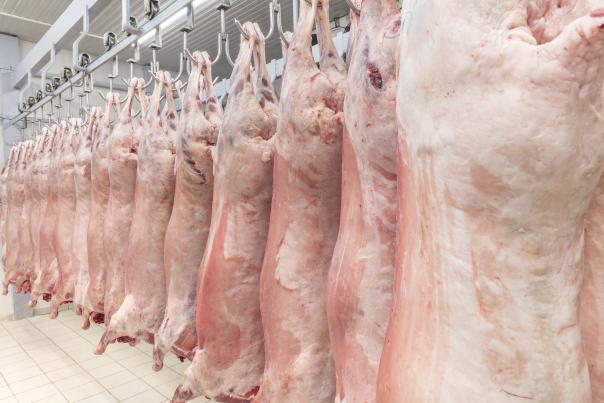
The UK may need to adopt the New Zealand model, which has done just that, say the researchers.
The Halal meat sector is one of the fastest growing in the meat industry in Britain, with supermarket chains scrambling for a share of the market. In 2015 Halal slaughter in Britain accounted for more than 40% of sheep and goats but had increased to 70% by 2018.
And it is expected to grow further, because Muslims, the main consumers of Halal meat, generally eat above average quantities of meat, and their number is expected to increase to around 7.5% of the population of England by 2050.
But there are animal welfare issues associated with the slaughter of animals without prior stunning, because of the distress caused during and after neck cutting, say the researchers.
The researchers wanted to gauge the frequency of meat consumption among a representative sample of 250 Halal meat eaters in England, and to find out their meat preferences, including those based on slaughtering method.
The responses showed that most people (51%) ate meat at least once a week, with a similar proportion (45.5%) eating it at least daily. Most respondents (85.5%) said they bought their meat from local Muslim butchers.
Chicken and turkey were the most popular meats (49%), while 46% preferred lamb. Just 5.5% preferred beef. Women were more likely to prefer poultry than men: 62% vs 43%.
More than two thirds of respondents (70%) preferred meat from animals that had not been stunned before slaughter. But 14% said they preferred meat from pre-stunned animals, provided the animals were alive when their necks were cut. One person preferred meat from animals that had been stunned after neck-cutting.
6.5% said they didn’t understand the meaning of the different methods of slaughter, while 9% indicated they didn’t mind which method had been used.
Among the respondents who said they preferred meat from stunned animals, 46% said they were unsure of the Halal status of this meat, while around a quarter said they sometimes ate meat from animals that had been stunned in the absence of an alternative. Only one in five regarded eating meat from stunned animals as forbidden.
“Stunning is a relatively new slaughter technology, which was discovered many centuries after the Quran was revealed,” point out the researchers.
New Zealand has introduced a Halal quality assurance system that reassures Muslims that some methods of stunning, such as electrical head-only, don’t result in the animal’s death before its neck is cut, and that blood loss causes the death.
“To increase consumer confidence in stunned products, the UK may need to consider a similar model to the New Zealand system,” say the researchers, highlighting the significant proportion of survey respondents who were either unsure about the Halal status of stunned meat, or who would eat stunned meat if there were no alternative.
“They are more likely to be persuaded to consume meat from stunned animals if they could be given reassurance that some forms of stunning were compatible with the Halal rules,” they conclude.